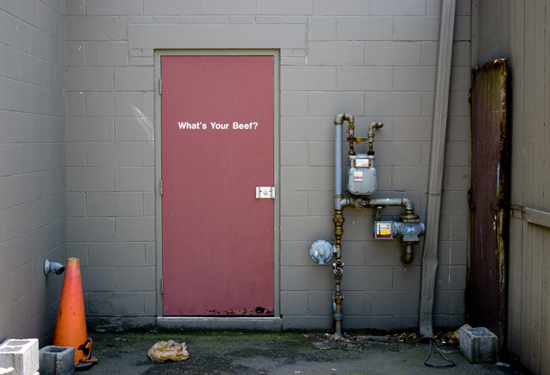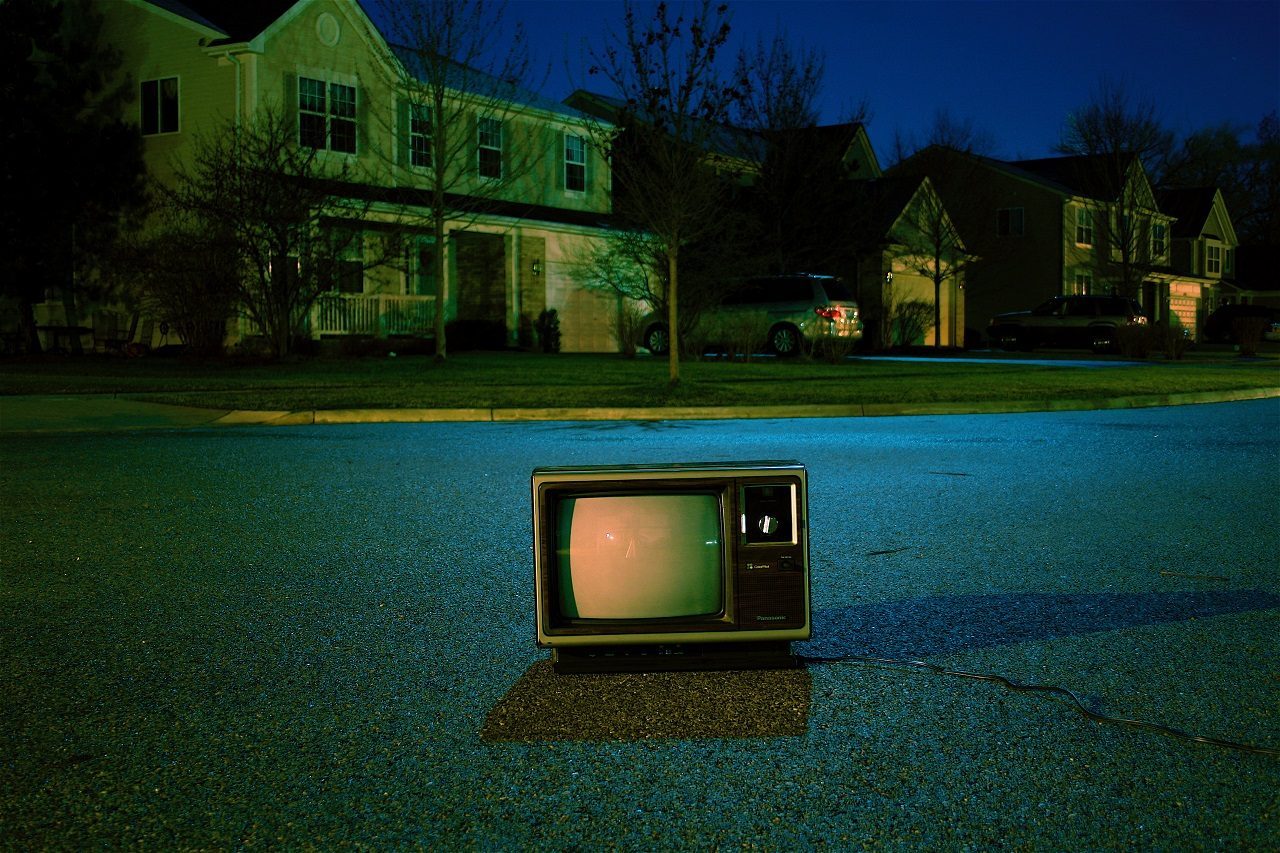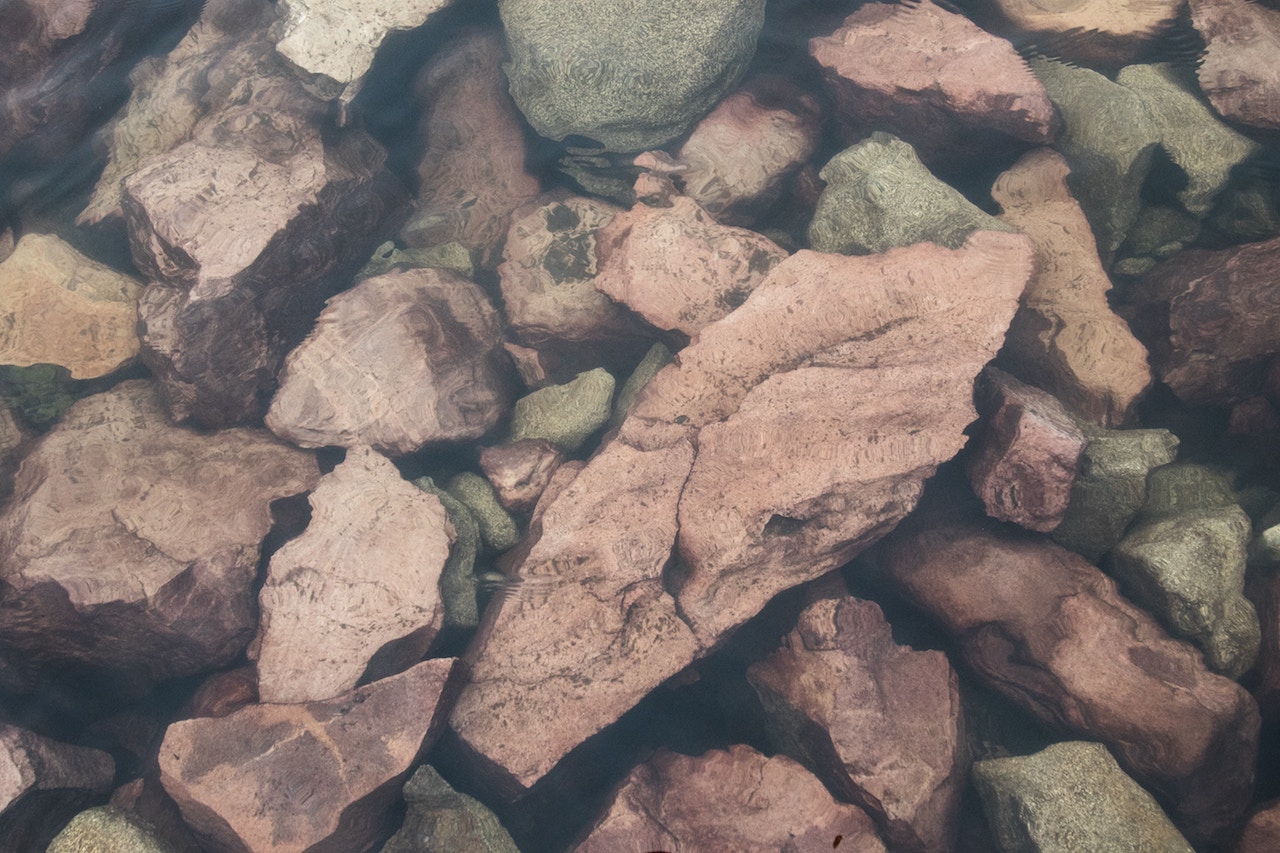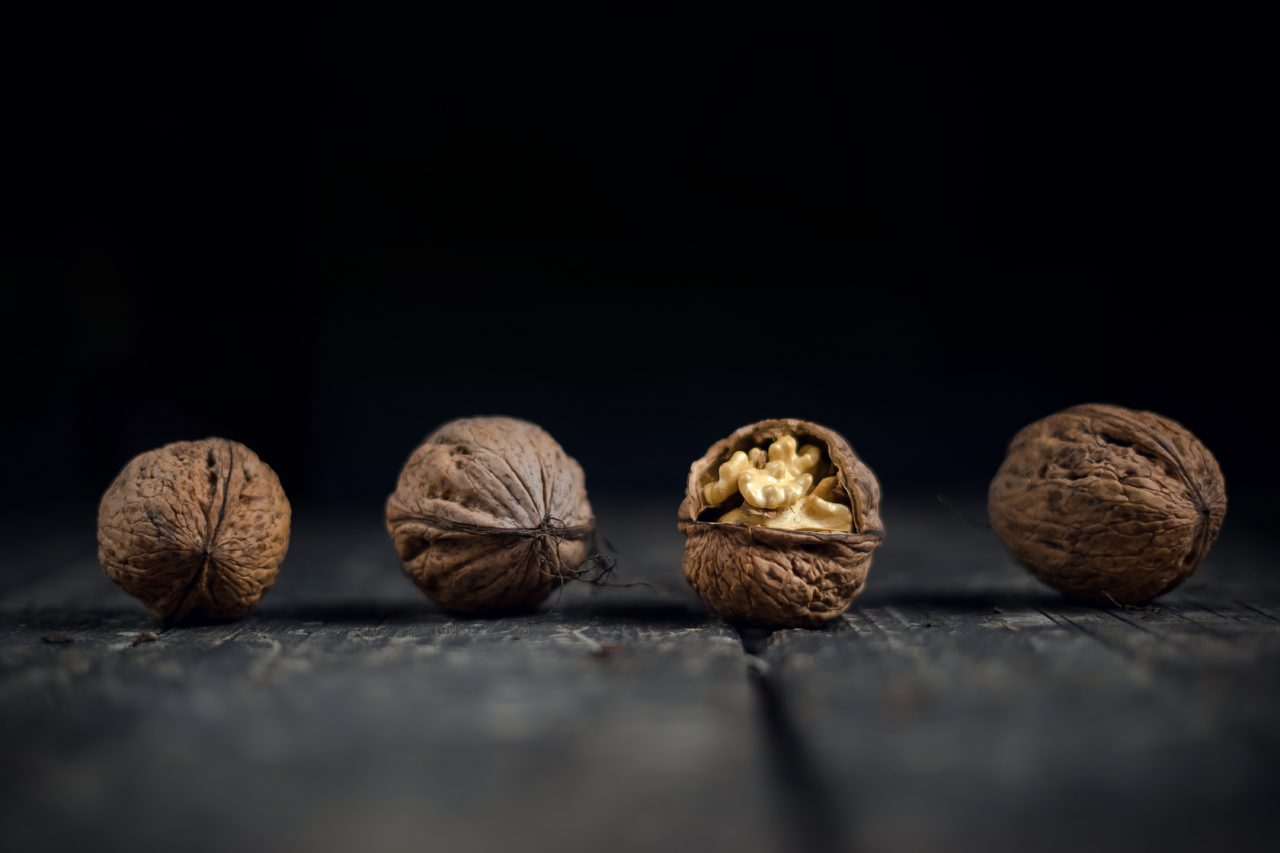Ed Skoog: “Radial”
The third in our series featuring poems by Ed Skoog written in response to photographs by Robert J. Lennon. Read the first, “What’s Your Beef,” introduced by the poet, here. Radial More and more the radial makes a horrible noise. My tires and I are made to the worksong noonwhistle of Goodyear Tire and Rubber in Topeka’s limited, endless grid, building two wheels into my surname rolling further from home & harangue to slash tires, shoot out lights, break into the old hospital to get high, admire the radical simplicity of whistling, which, not radial nor rubber, is air, — Ed Skoog‘s first collection of poems, Mister Skylight, was published by Copper Canyon Press in 2009. His poems have appeared in Paris Review, American Poetry Review, Ploughshares, Threepenny Review, and Poetry. He has been a Bread Loaf Fellow and Writer-in-Residence at the Richard Hugo House and George Washington University. He lives in Seattle and teaches at Everett Community College. J. Robert Lennon is a novelist and photographer living in Ithaca, NY. He teaches writing at …





